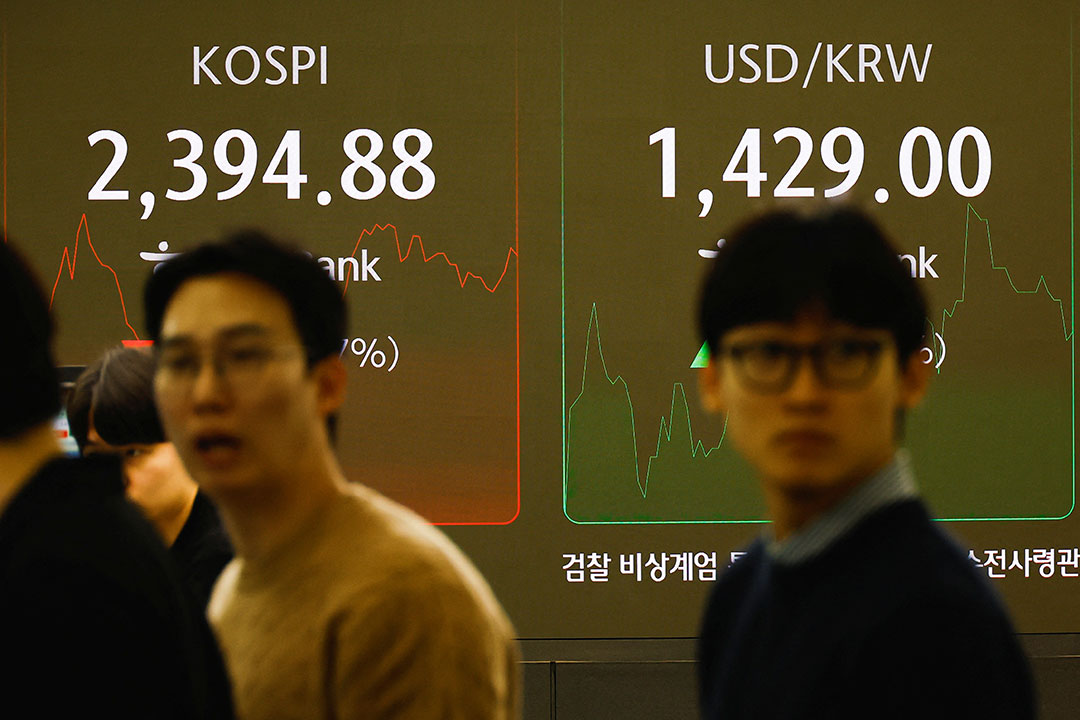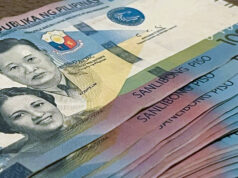Most Asian FX subdued; South Korean markets slide on deepening political woes

Most Asian currencies were muted on Monday, weighed down by high U.S. Treasury yields and a firm dollar while the South Korean markets reversed course to trade slightly lower after last week’s parliament vote to impeach acting President Han Duck-soo.
Most equities in Asia traded in a tight range while shares in Malaysia and Singapore climbed 0.4% and 0.3%, respectively.
The South Korean won slipped 0.1% after rising as much as 0.3% earlier in the session while equities skidded 0.2% after rising up to 1%.
Following the impeachment of Han on Friday, South Korean investigators sought an arrest warrant for suspended President Yoon Suk Yeol on Monday over this month’s short-lived imposition of martial law.
“The political uncertainties and faster rate cut pace should keep the won on the back foot in the coming months,” said Ken Cheung, chief Asia FX strategist at Mizuho Bank.
The won is the worst performing currency in emerging Asia so far this year, having lost more than 12% weighed down by political tensions in the country and economic woes, coupled with fears of U.S. tariffs.
Most other Asian currencies were largely unchanged amid pressure from high U.S. Treasury yields at near eight-month highs and a firm dollar at a multimonth peak.
Mizuho Bank’s Cheung expects persistent dollar strength to weigh on Asian currencies in the first half of 2025. However, U.S. economy’s cyclical softening and tariffs relief could lead to rebounds in Asian currencies, he added.
“The tariff threats are likely to materialize but the implementation may come in lower than expected,” Cheung said.
In Asia, the Indonesian rupiah rose 0.5% but was not far from the more than 4-month low touched on Dec. 19 after the U.S. Federal Reserve adopted a hawkish stance at its policy meeting.
The Thai baht climbed 0.1% after rising as much as 0.4% earlier in the session while equities rose 0.4%.
The strength in the baht “could be driven by a rebound in gold prices and somewhat sideways movement in the U.S. dollar,” said Poon Panichpibool, a markets strategist at Krung Thai Bank.
“There could be some positions adjustment especially for those with net short THB positions after THB could rise beyond the 34.00 support zone.”
Markets are now awaiting Singapore’s GDP data for the fourth quarter and inflation reports from Indonesia and South Korea later this week. — Reuters



